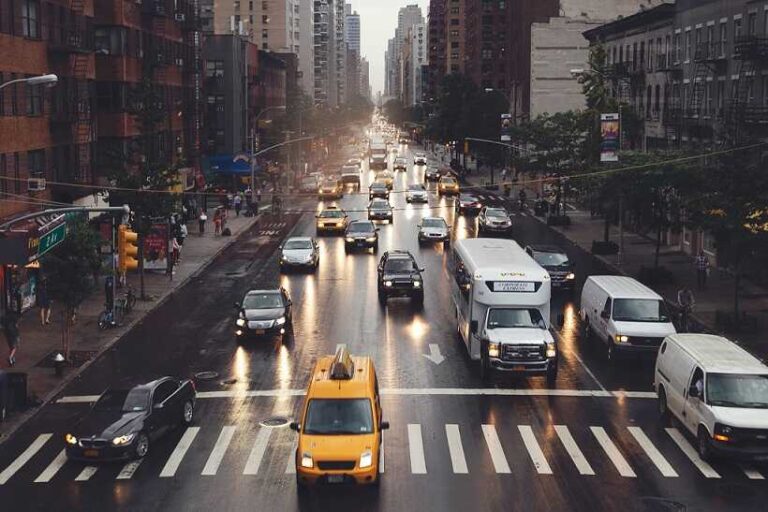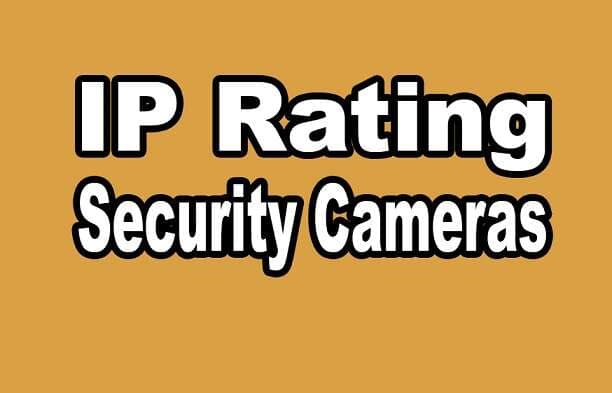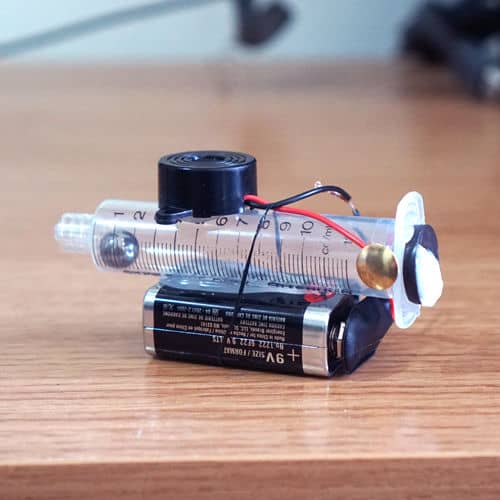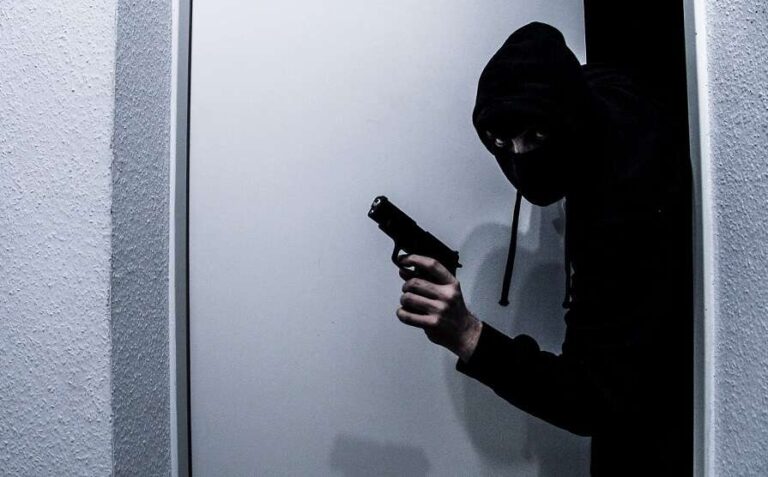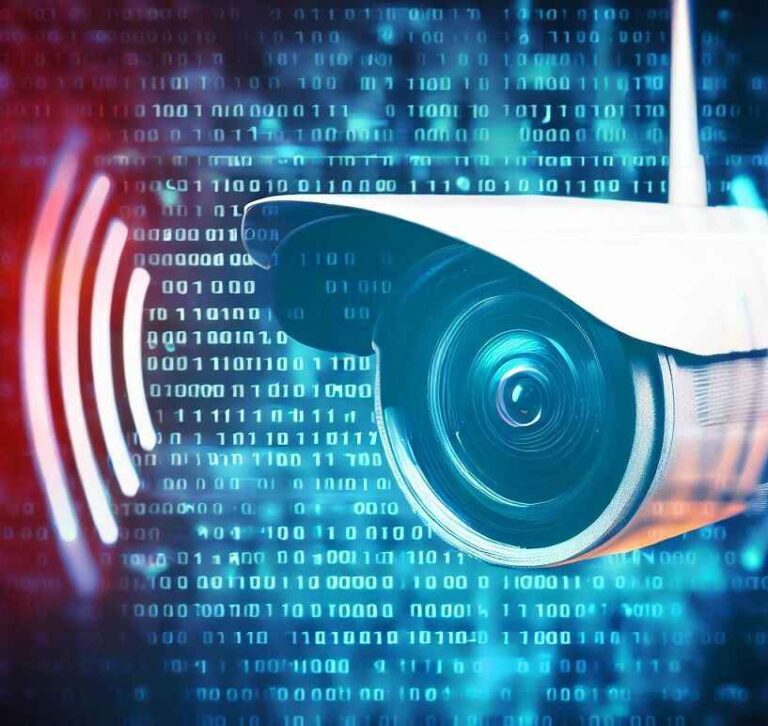Securing Your Rental: A Tenant’s Guide to Installing Security Cameras
Security is a top priority for most people, and tenants are no exception. If you’re a renter, you may be wondering if you can install security cameras on your rental property. The answer is not a simple yes or no, as it depends on various factors.
In this article, we’ll discuss tenant’s rights, landlord’s responsibilities, legalities, and best practices for installing security cameras in rental properties.
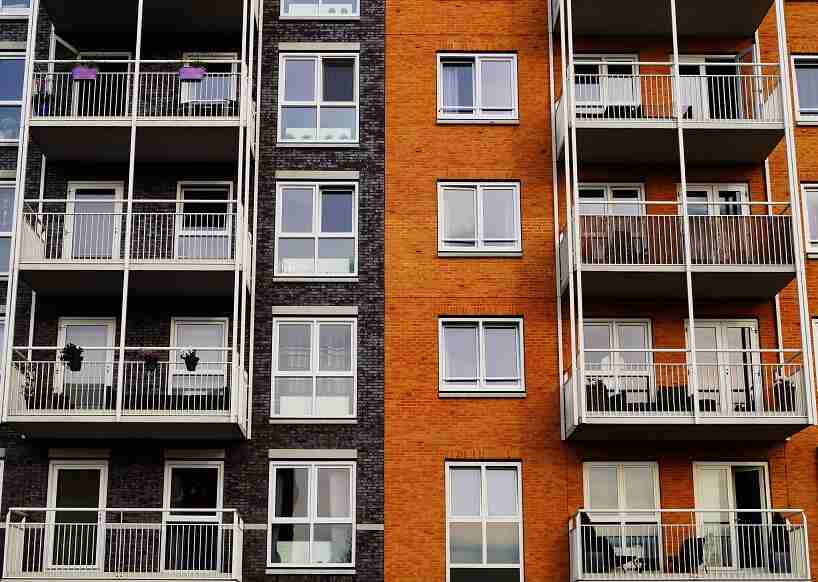
Tenant’s Rights and Privacy
As a tenant, you have a right to privacy and security in your rental property. This includes the ability to take measures to protect yourself and your belongings. However, this right is not absolute and must be balanced with your landlord’s rights and responsibilities.
Landlord’s Responsibilities
Landlords are responsible for maintaining the safety and security of their rental properties. This may include installing security systems, maintaining locks, and addressing safety concerns. While landlords should take reasonable measures to ensure security, they cannot infringe on a tenant’s right to privacy.
Legalities of Security Cameras in Rental Properties
Laws regarding security cameras in rental properties can vary significantly by jurisdiction. It is essential to be familiar with federal, state, and local regulations before installing security cameras on your rental property.
Federal Laws
At the federal level, the main law governing video surveillance is the Video Privacy Protection Act (VPPA), which prohibits the unauthorized recording or disclosure of individuals without their consent. However, this law primarily applies to video rental services and may not directly impact residential security cameras.
State Laws
State laws can be more specific and restrictive than federal laws. Some states have specific legislation governing the use of security cameras, while others may only address privacy issues in general. Be sure to research the laws in your state before installing security cameras on your rental property.
Local Regulations
Local regulations can also impact the installation of security cameras. Some cities or counties may have bylaws or ordinances that limit the use of surveillance equipment in residential areas. It is essential to consult your local regulations to ensure compliance.
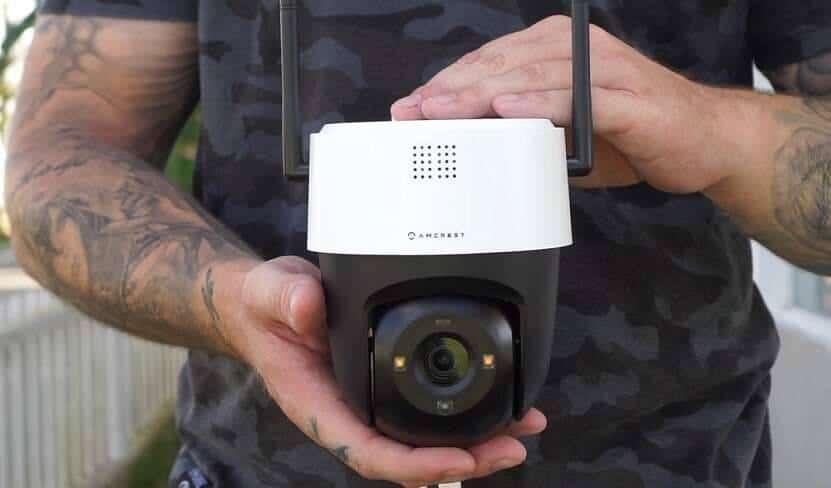
Types of Security Cameras Tenants Can Install
If you decide to install security cameras on your rental property, there are several options to consider. Some popular types of security cameras include:
- Wireless security cameras
- Indoor security cameras
- Outdoor security cameras
- Doorbell cameras
- Hidden cameras
Each of these options has its advantages and disadvantages, and your choice will depend on your specific security needs and preferences.
Factors to Consider Before Installing Security Cameras
Before installing security cameras on your rental property, consider the following factors:
Purpose
Determine the purpose of installing security cameras. Is it to monitor your property while you’re away, deter criminal activity, or gather evidence in case of an incident?
Location
Choose the location of your security cameras carefully. Avoid placing cameras in areas that invade the privacy of your neighbors or other tenants. Focus on locations that cover entry points and common areas.
Installation Process
Consider the installation process for your chosen security cameras. Some cameras require professional installation, while others are simple to install yourself. Keep in mind that some landlords may not permit tenants to drill holes or make significant alterations to the property.
Privacy Concerns
Ensure that your security cameras do not infringe on the privacy of others. Be mindful of camera placement, and avoid pointing cameras at your neighbor’s property or other private areas.
Communicating with Your Landlord
Before installing security cameras, it’s crucial to communicate with your landlord. Discuss your intentions and reasons for wanting to install cameras, and ask for their permission. Some landlords may have specific requirements or restrictions regarding security cameras, so it’s essential to be aware of these before proceeding.
Security Camera Best Practices
If you decide to install security cameras on your rental property, follow these best practices:
- Obtain permission from your landlord and neighbors, if necessary.
- Familiarize yourself with federal, state, and local laws regarding security cameras.
- Choose the right type of security camera for your needs and preferences.
- Install cameras in strategic locations, focusing on entry points and common areas.
- Ensure that cameras do not infringe on the privacy of others.
- Regularly maintain and update your security system.
Conclusion
In conclusion, tenants can install security cameras on their rental property, but several factors need to be considered. Familiarize yourself with the legalities, communicate with your landlord, and follow best practices for installation and maintenance. By doing so, you can enhance the security of your rental property while respecting the rights and privacy of others.
FAQs
Do I need my landlord’s permission to install security cameras?
Yes, it’s essential to obtain your landlord’s permission before installing security cameras on your rental property.
Can my landlord install security cameras without my consent?
Landlords can install security cameras in common areas, but they must respect tenants’ privacy and should not install cameras in private living spaces without consent.
What if my security camera captures footage of my neighbor’s property?
It’s important to adjust your security camera’s placement or settings to avoid infringing on your neighbor’s privacy.
Can I install hidden cameras in my rental property?
Hidden cameras can be a controversial topic. Always check local laws and regulations, and obtain your landlord’s permission before installing hidden cameras.
Can I take my security cameras with me when I move out?
Generally, yes. If you have installed removable cameras without making permanent alterations to the property, you can take them with you when you move out.

